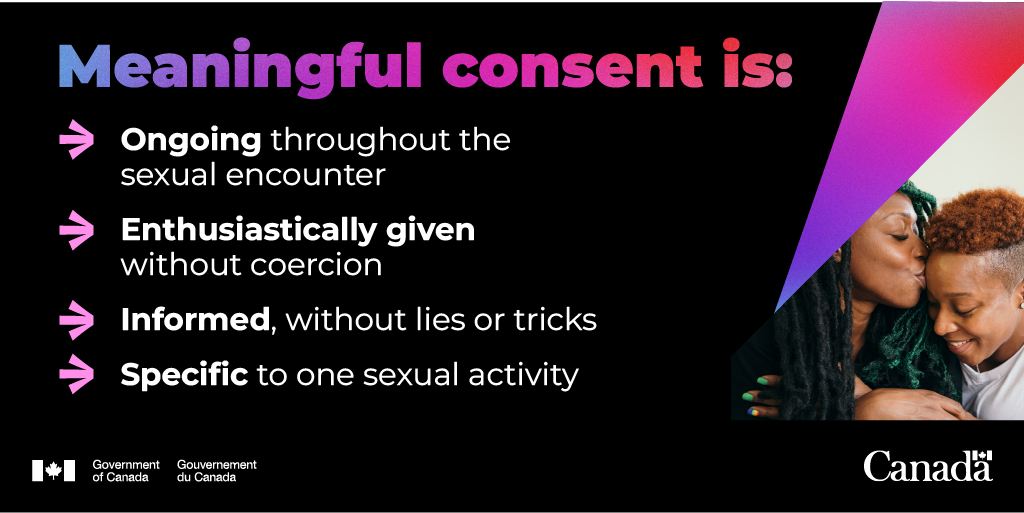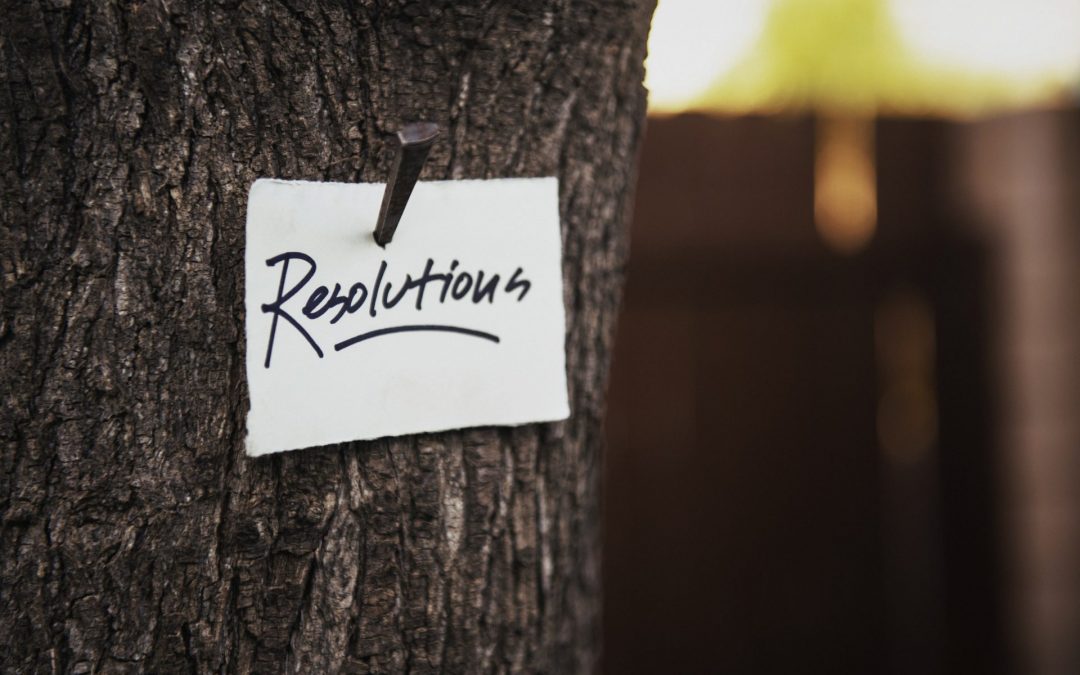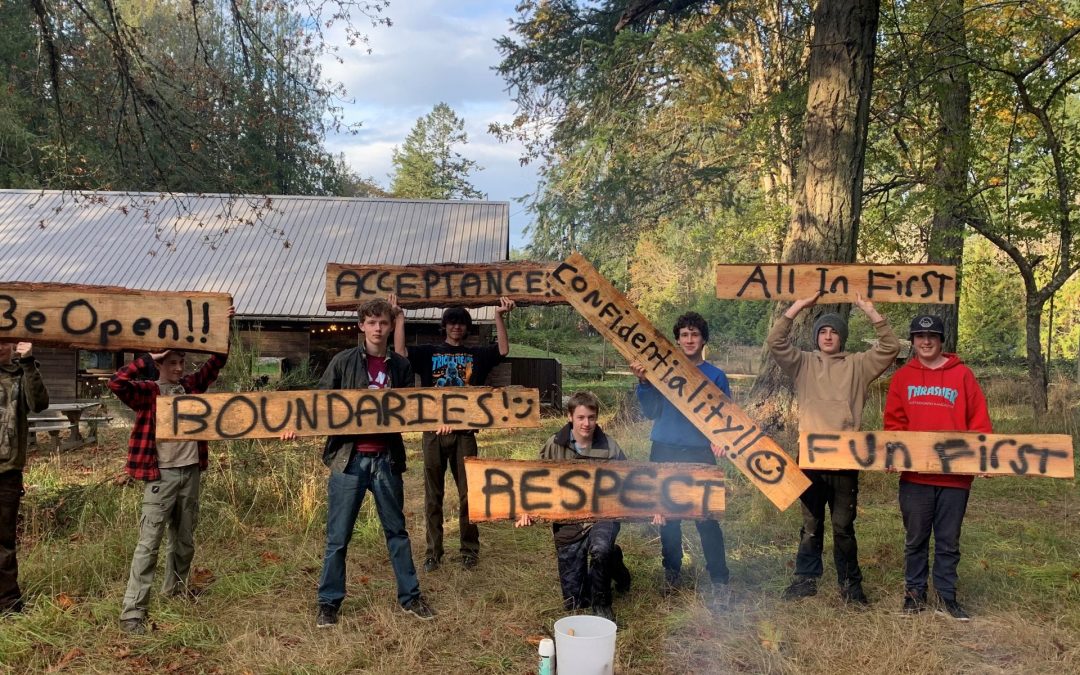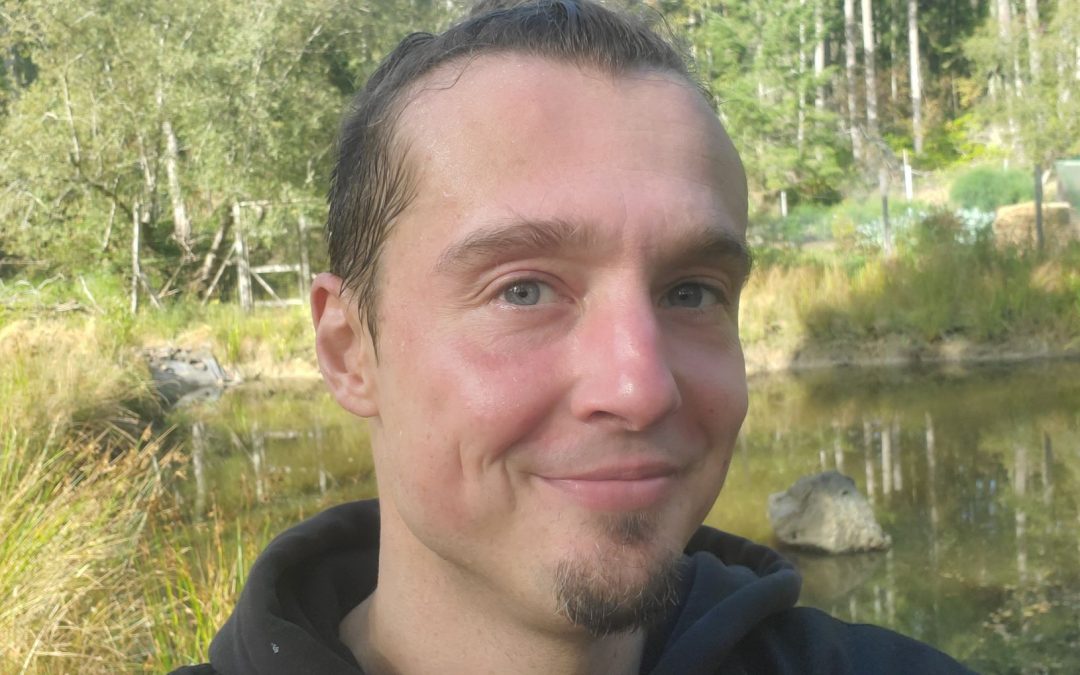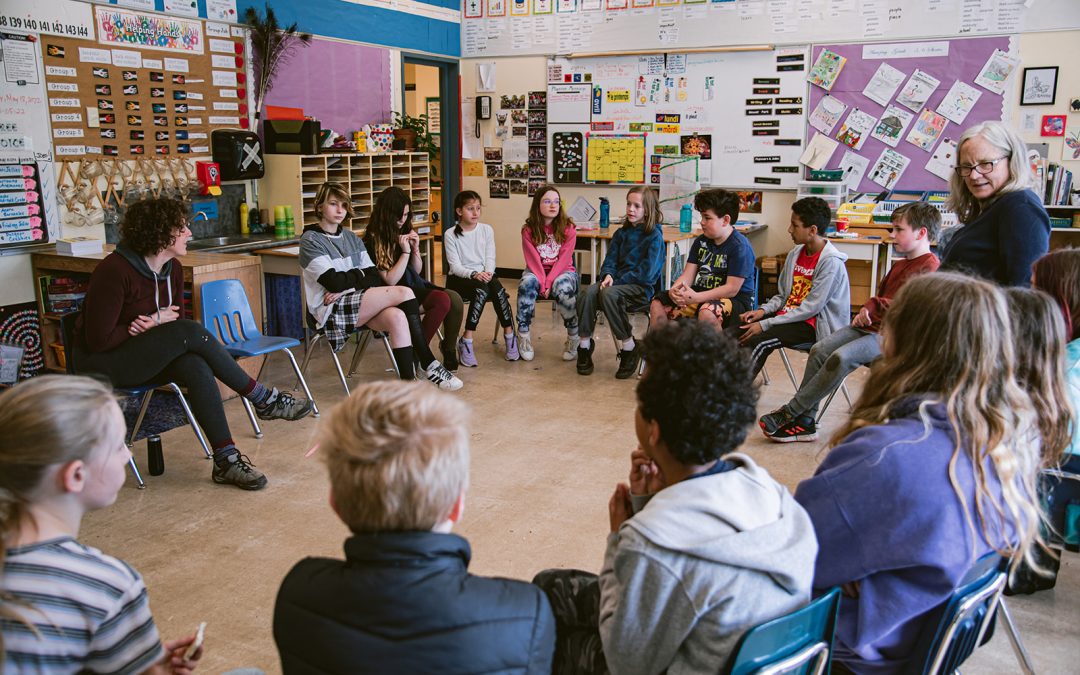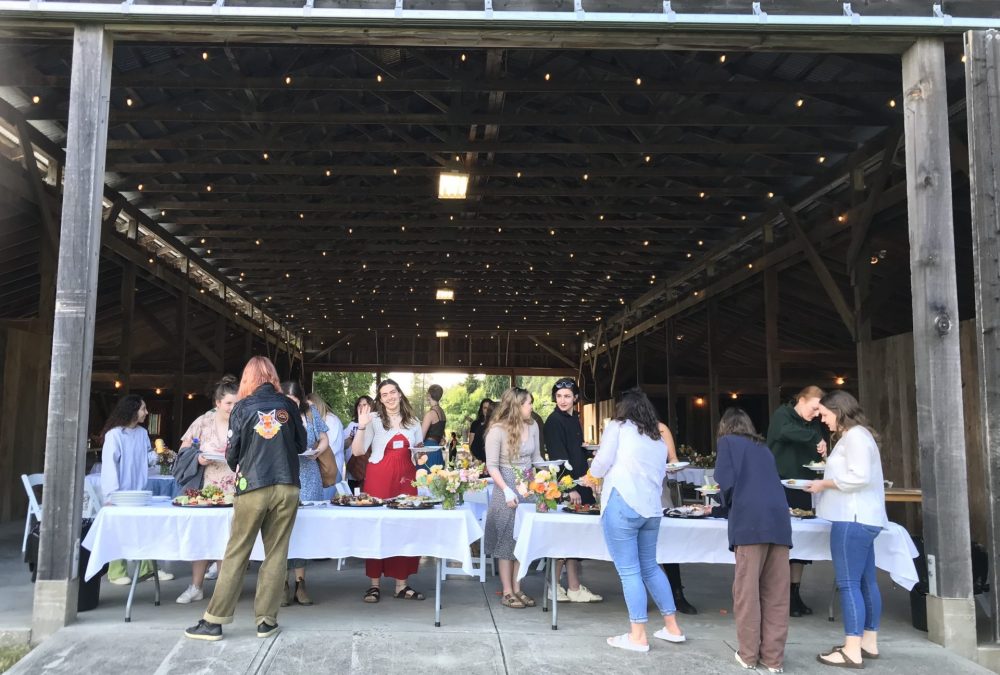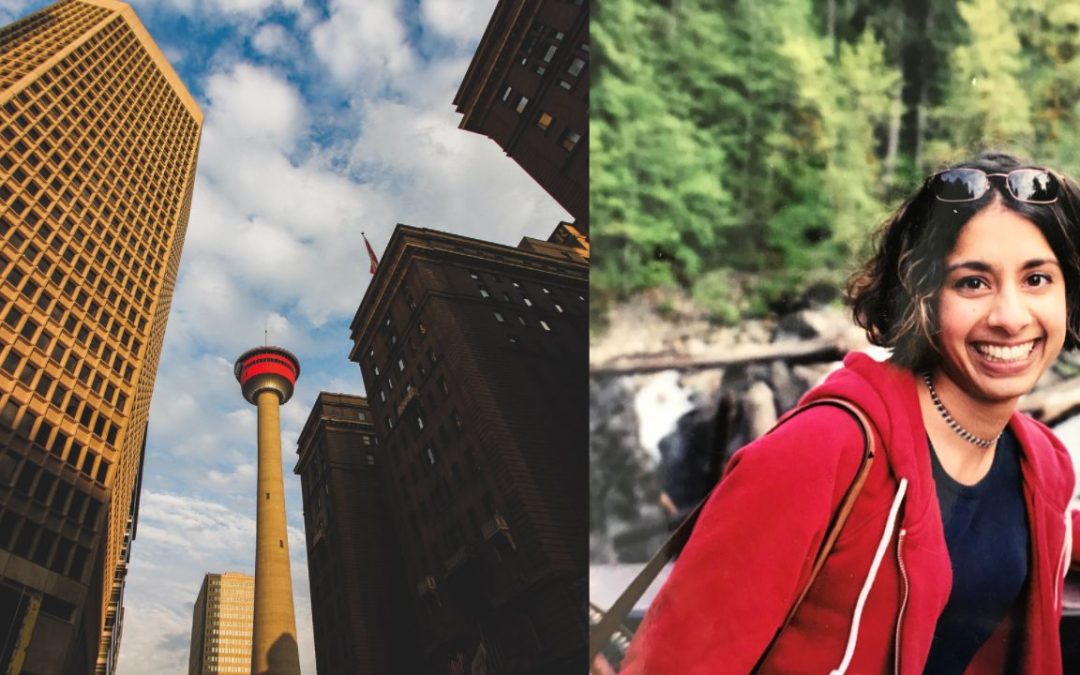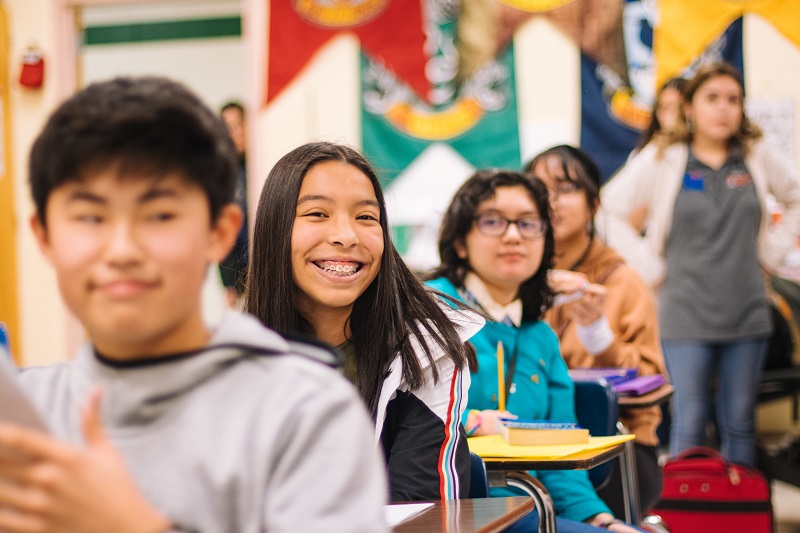Gulf Islands Secondary School has partnered with The Circle Education, IWAV and Salt Spring Community Services for its first-ever Consent Awareness Week. Consent is vital to many aspects of life, and is essential for young people to form healthy, respectful relationships.
Responding to calls from students, GISS dedicated its first Health and Wellness Day of the new school year to consent. “We are supporting the ‘High School Too’ Movement, which advocates for policy, protocol, and education change so that all high school students understand that consent comes first,” explains GISS vice-principal Stacy Mitchell.
Research shows that 15% of girls and 9% of boys between the ages of 14 to 21 have had a sexual act forced upon them by a peer (Taylor et al., 2019). Moreover, in a school climate survey, many 2SLGBTQIA+ students (58%) identified being sexually harassed in the past year and 13% reported that this harassment occurred often or frequently (Kosciw et al., 2020). (Edited from www.couragetoact.ca)
Language of consent
Consent, which means to give permission for something to happen or be done, is an important topic to cover in schools. “When we talk about consent, people often think about sexual consent first, but that is just a small part of it”, says Kate Nash from The Circle Education, who will facilitate workshops at GISS during Consent Awareness Week. “I believe consent is something we can teach from the very start”, she continues. “By bringing the language of consent into all areas of our lives, we’ll weave a culture of consent into the very fabric of our community. We talk a lot about consent, respect and boundaries in our in- and after-school programs. It is all part of creating healthy relationships.”
Nash will facilitate workshops about consent at GISS in all the Grade 8-12 cohorts. “We will be doing games and activities to ease into the subject”, Nash says. “All with the purpose of explaining what consent means for yourself and others, and how you can practice it in your daily life.” After the workshops, Jessica Terezakis, who’s with IWAV’s sexual assault response program, and counsellor Luis Araujo from Salt Spring Island Community Services, will go into the classes to dive deeper into the subject.
Honest conversations
IWAV (Islanders Working Against Violence) is a local non-profit society providing services throughout the Southern Gulf Islands to women and their children affected by poverty, violence and abuse. Over the past three years, IWAV has seen an increase in transition house residents and clients of their counselling and sexual assault programs.
“It is a clear indicator that problems around consent are on the rise,” says IWAV’s Program manager, Heather Picotte, who strongly supports this new initiative at GISS. “Having a whole Health & Wellness Day that’s solely focused on consent is a sign that we, as a community, are better able to have honest conversations about consent. Clear boundaries, bodily autonomy, and dignity stem from a healthy understanding of consent – how to give and receive permission for any number of social things, or not, in a graceful and compassionate way that preserves relationships instead of destroying them. We believe discussions about the body and consent should start in early childhood and continue throughout the lifetime.”
Broader discussion
Luis Araujo, who also does mentorship work in the school district, sees an urgent need for a broader discussion about the topic. “I really appreciate that the school is starting the year focusing on wellness, as well as consent,” says Araujo. “Consent is a major area of counselling and mentorship support, as we had several GISS students recently charged with offences directly related to consent.”
It is hard for Araujo, who has been working as a counsellor on Salt Spring Island for ten years, to pinpoint the reason for the rising problems surrounding consent. “It could be a myriad of things”, he says. “What I have seen in the schools, is that through social media, young students, mostly boys but also girls, gain contact with influencers with questionable or even misogynistic ideas. Some students have beliefs that people of my generation think as totally unacceptable. In a way, we are going backward.”
Lack of clarity
There is also a lack of clarity around consent, he noticed. “Some students don’t know what consent is, others might confuse silence for consent. Sometimes fear stops someone from saying ‘no’. Or someone has had too much alcohol or drugs to say no. You can also have a change of mind when something doesn’t feel good. Those are important topics when we talk about consent.” Picotte agrees: “We realize that negotiating consent is incredibly difficult at the moment. We’ve all been there – the pressured moment when you’re not sure what to say or which decision to make, and that decision could impact the rest of your life. Talking about consent openly and regularly is the only way to make that easier.”
Anxiety and mental health problems are contributing as well. “We have seen a general increase in mental health issues in recent years and a lack of proper support for people experiencing those crises,” says Picotte. “Anxiety can make you feel displaced and not be able to function well,” adds Araujo. “It can lead to poor decisions and even violence. We have to tackle anxiety before anything else.” It is a vast area, he realizes. “I am not sure how we are going to do this in a week, but it is a start. This work needs to be done and it needs to continue.”
‘It’s Not Just’
Teaching consent in schools is crucial because it can help prevent sexual violence, abuse, and harassment. Dove-tailing with this week, as a funded partner with the Federal government, The Circle Education will be unfolding the “It’s Not Just” campaign aimed at Canadian youth. “It’s Not Just” was created to increase awareness around gender-based violence and ultimately shift behaviours and actions to create a safer Canada for everyone.
The ‘It’s Not Just’ campaign shows that gender based-violence is ‘not just physical’. Gender-based violence, often towards an intimate partner, can also be emotional violence (words or actions to control or frighten someone, or to lower their self-respect and self-esteem), financial violence (when a person uses money assets or property to control or to exploit someone) or sexual violence.
Need help?
IWAV has two programs with a youth component: the PEACE program is for youth ages 3-18, all genders, who have been impacted by family violence. The Sexual Assault Response program offers crisis response and ongoing counselling for youth ages 13+, all genders, who have been sexually assaulted, whether recently or in the past. See iwav.org for more information.

